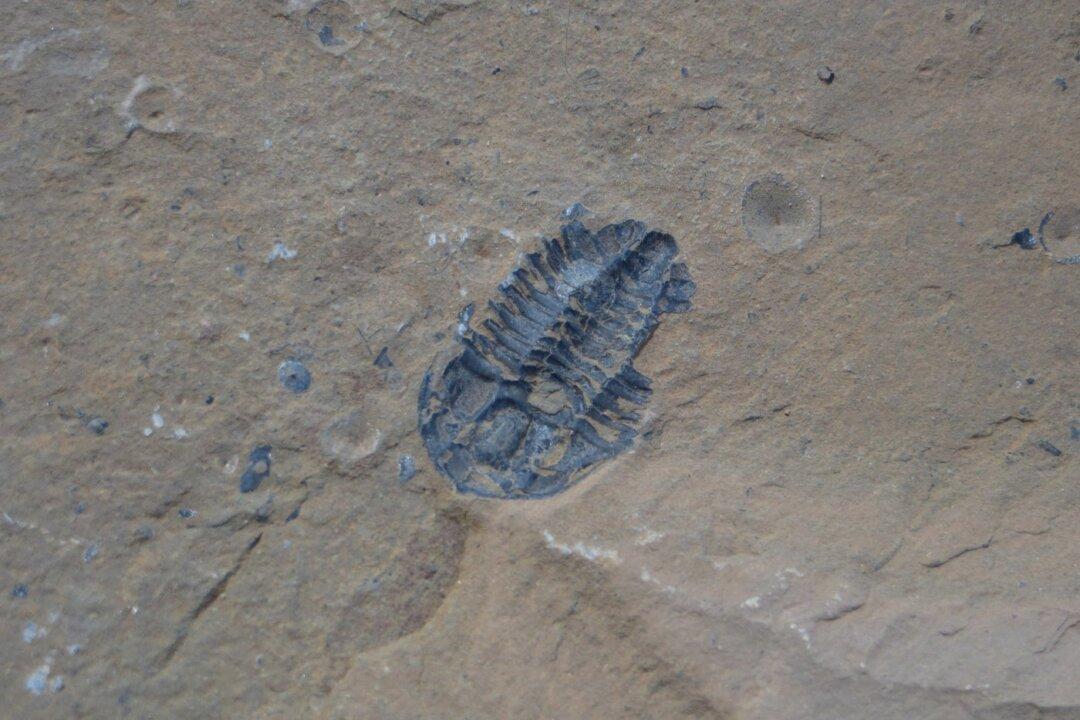A Quebec resident has been fined $20,000 for taking 45 fossils from three national parks in the Rocky Mountains, including an internationally known fossil site.
Parks Canada says in a news release that park wardens in Lake Louise, Alta., received a tip in 2020 from a member of the public about fossils being removed from the Burgess Shale, a significant fossil site.





